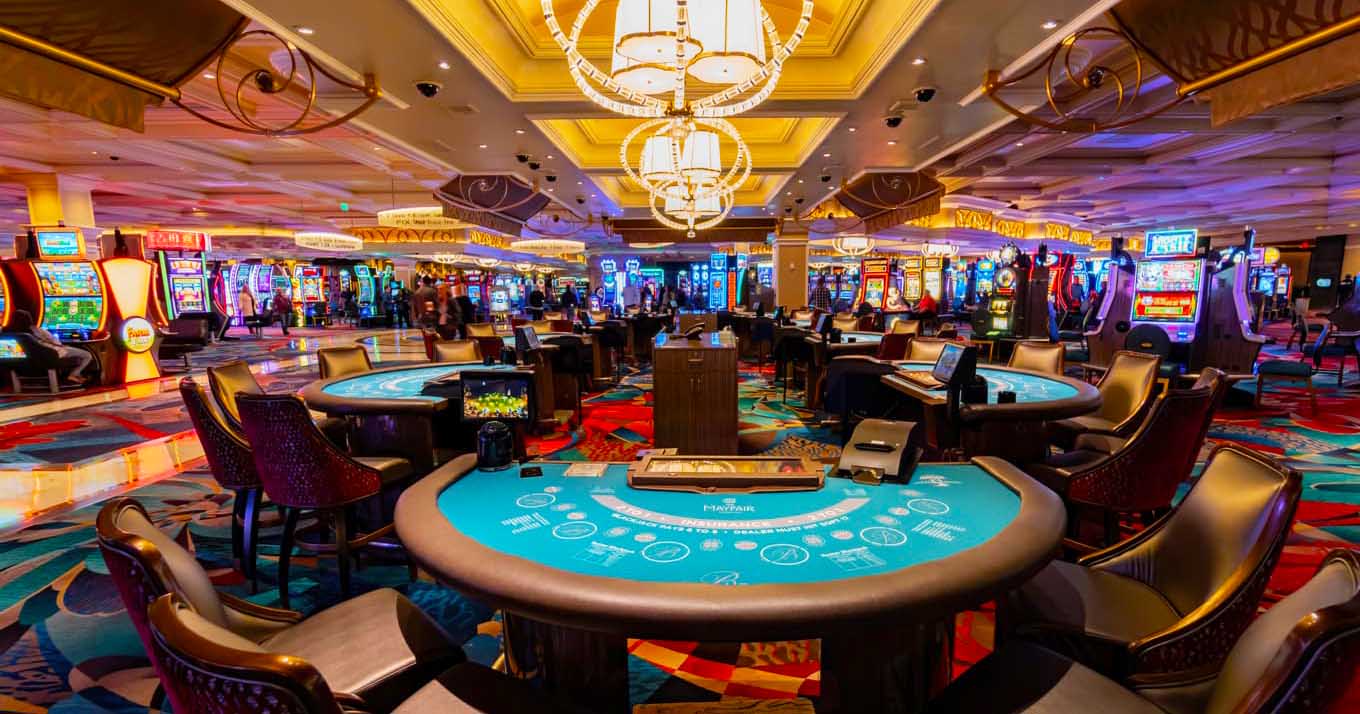The Enigma of Gambling Game Beliefs

In the world of gambling, where chance and strategy intersect, a unique tapestry of beliefs manifests—one that intertwines luck, fate, and the enigmatic nature of casino games. Casinos, bustling with excitement and anticipation, are not just places for placing bets; they are also arenas where superstitions thrive. Ranging from the novice player to the seasoned gambler, these mysterious practices often shape how individuals approach the games they play, holding the belief that their actions can affect the outcome in ways that go beyond mere probability.
When players gather around roulette wheels, blackjack tables, and slot machines, the atmosphere is thick with stories of lucky charms, rituals, and codified behavior that defy logic yet provide a sense of comfort. Whether it’s wearing a specific outfit, following a particular sequence of bets, or even avoiding certain numbers, the attachment to various superstitions reflects a deep-rooted desire to control the uncontrollable. This article delves into the captivating world of casino game superstitions, investigating the beliefs that both entertain and mystify those who dare to play.
Cultural Beginnings of Superstitions
Betting activities have long been entwined with an host of superstitions that trace to ancient societies. The roots of these ideas can be associated to humanity’s fundamental need to influence the unpredictable outcomes related with chance and uncertainty. In ancient civilizations, activities of chance were often connected to ritualistic practices. Players would invoke favor or seek favor from spirits, believing that their actions could influence the odds in their advantage. This foundation laid the groundwork for the myriad of superstitions that developed as casino games evolved over time.
During the Middle Ages, gambling became a common activity across Europe, and with it, a diverse tapestry of superstitions emerged. Participants adopted numerous rituals and charms, believing they could influence the outcome of games. The significance of digits, in particular, emerged to manifest in superstitions pertaining to card games and dice. The number 7 was often considered favorable, while other numbers carried unfortunate connotations. These notions mirrored the societal contexts of the time, changing as they passed through generations and adapted to emerging gaming environments.
As casinos appeared in the seventeenth century, particularly in the Italian peninsula and France, the atmosphere surrounding gambling became imbued in enigma. The growing openness of gambling games allowed for the expansion and diversification of superstitions among players. Concepts like fortunate charms, specific seating arrangements, and rituals gained prominence, creating a unique culture within casinos. As these traditions continued to thrive, they became integral to the essence of casino games, illustrating how history and society shape the notions that influence how players engage with chance.
Widespread Casino Myths
Beliefs surrounding gambling activities are plentiful and varied, mirroring the hopes and fears of gamblers as they engage in random games. One of the most common views is that certain numbers bring luck or bad luck. For example, the digit 7 is often seen as a lucky number, frequently embraced by gamblers looking for a positive result. Conversely, the digit 13 is routinely considered cursed, leading many players to avoid it during their gambling periods.
Another common superstition relates to rituals that gamblers believe can influence their odds. It could be blowing gently on dice before a roll, using a specific gesture to place a wager, or even wearing particular items of attire, many people feel that these actions can sway luck in their benefit. These practices offer a sense of control in an otherwise random environment, reinforcing the idea that fortune can be manufactured through individual convictions and customs. https://58winv.net/
Finally, the ambiance and atmosphere of the casino itself contributes to superstition. Many players suggest that the presence of specific icons, such as four-leaf clovers or fortunate coins, can enhance their chances of success. Additionally, players might hold to the notion that victory streaks can be interrupted by mundane events, such as a person passing by or a spill at the gaming surface. The collective atmosphere in a gambling house can amplify these superstitions, creating a shared culture of myths that goes beyond individual encounters.
Impact of Superstitions on Players
Superstitions play a significant role in the mindset of gamblers, often influencing their behavior and choices. Numerous gamblers believe that luck can be influenced through different rituals, such as wearing a lucky charm, choosing particular hues, or avoiding certain numbers. This reliance on superstitions can create a feeling of control in an environment that is intrinsically unpredictable. Players often feel more self-assured and engaged when they feel that their actions could sway the outcome of a game in their favor.
The impact of these superstitions extends beyond individual players, affecting the general atmosphere within the casino. For instance, a player who believes in the luck of a certain slot machine might attract a gathering, as others are intrigued by their apparent luck. This collective belief can amplify excitement and create a dynamic environment, leading to an engaging experience even for those who may not necessarily be believers themselves. The buzz around certain games can lead to increased participation and longer playing sessions, supporting the casino’s vibrant social scene.
In some cases, superstitions can lead to harmful effects for players. Relying too much on rituals can result in bad gambling decisions, as some may overlook basic strategies in favor of baseless beliefs. Additionally, the pressure to perform rituals may heighten anxiety and tension, diminishing from the pleasure of the experience. Ultimately, while superstitions can enhance the excitement of playing casino games, they can also lead to unwise choices that overshadow the enjoyment and entertainment intended in the casino experience.